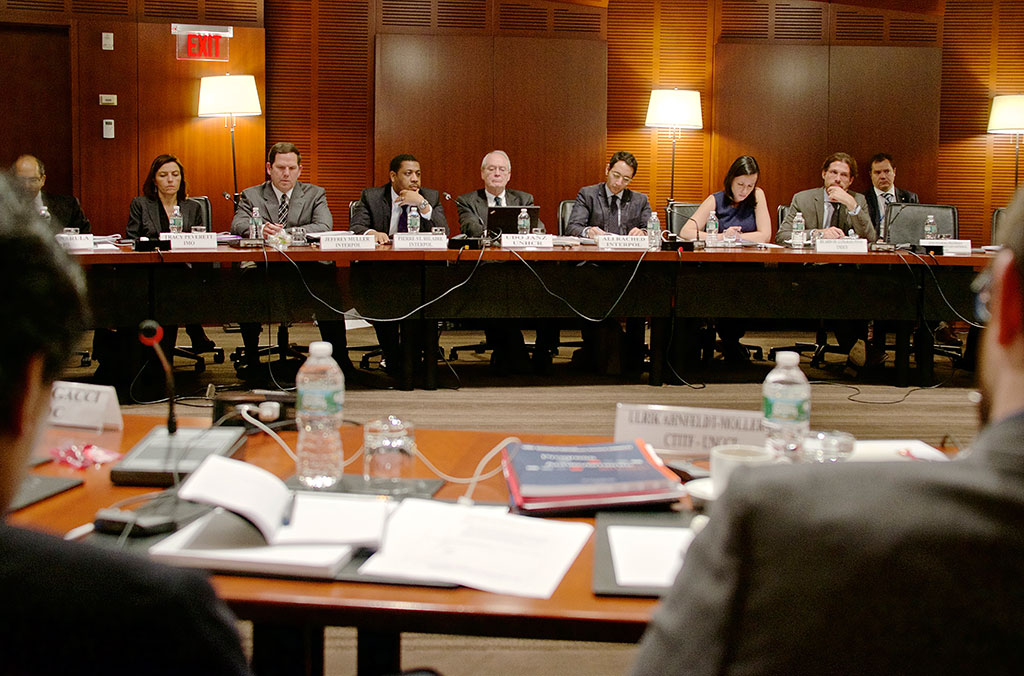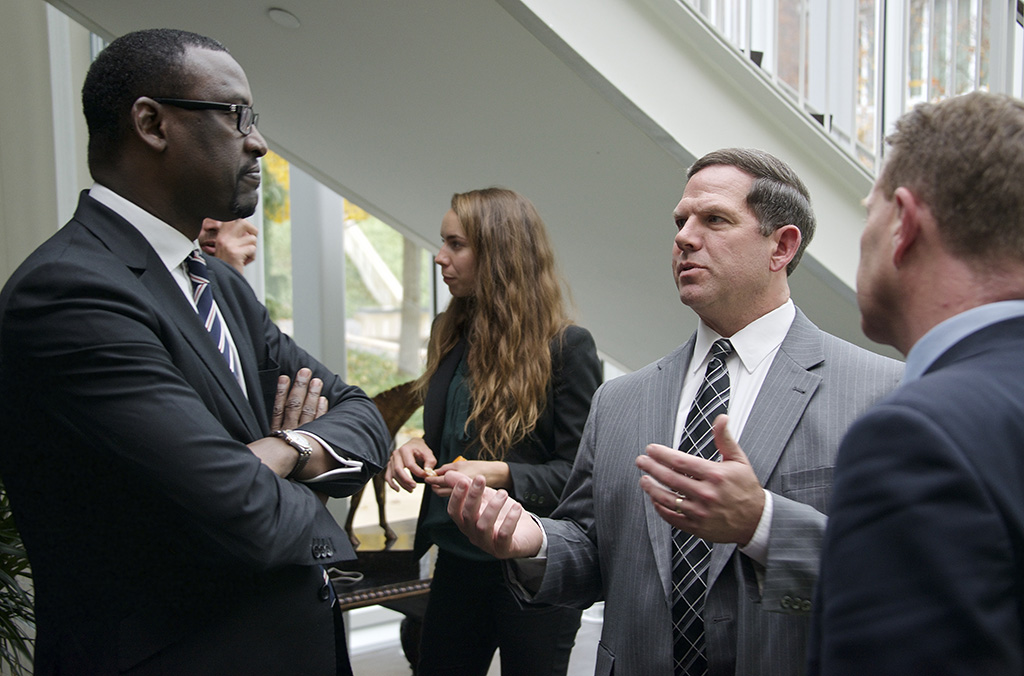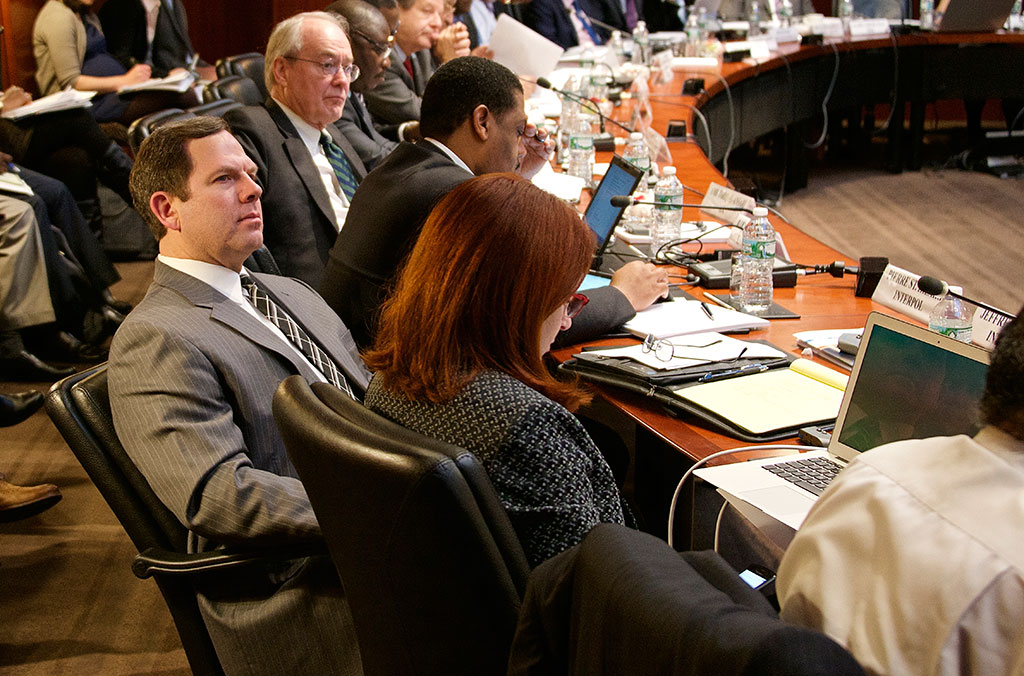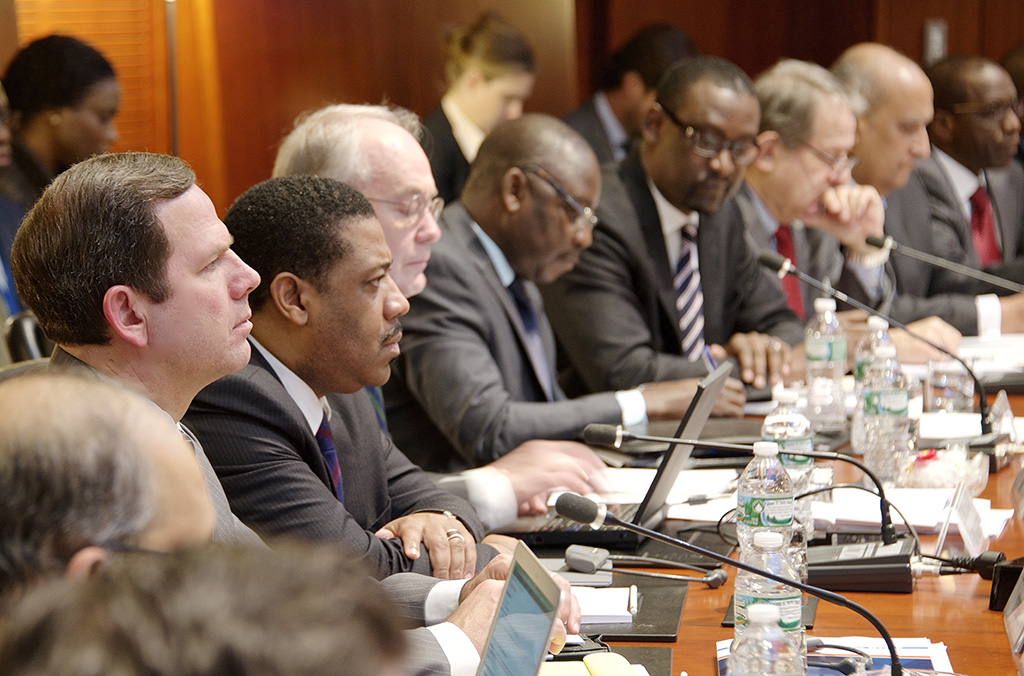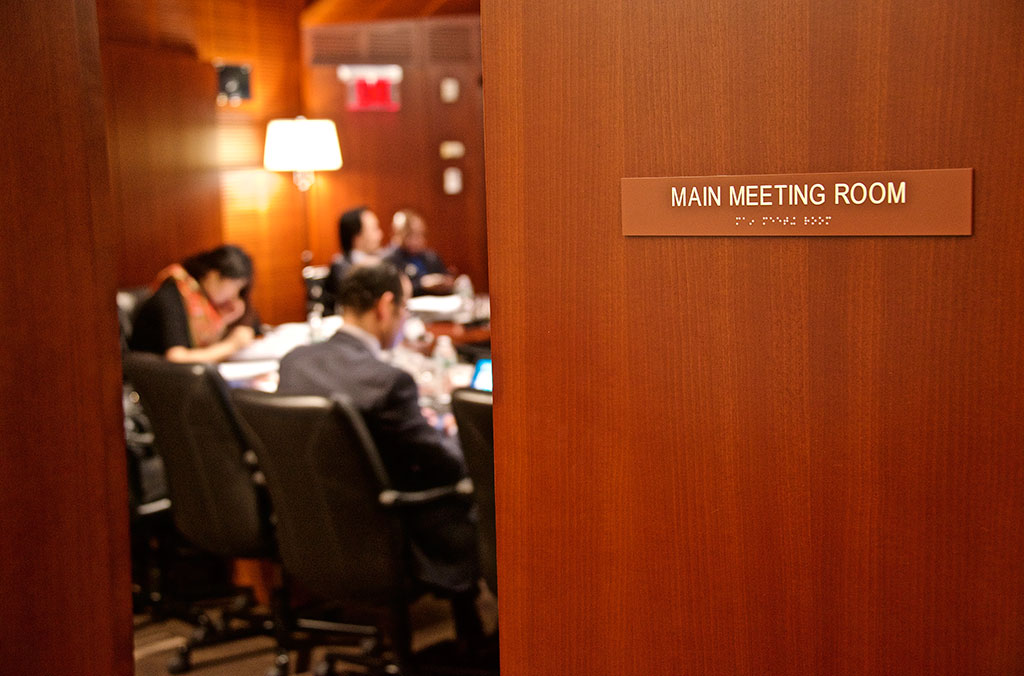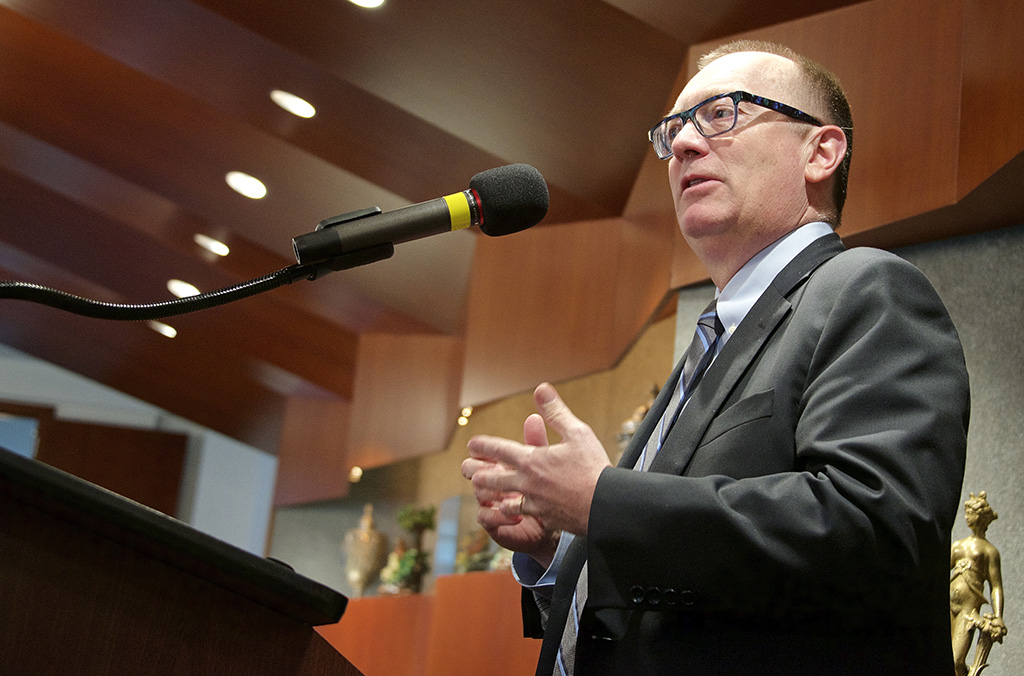UNITED NATIONS, New York – Enhancing coordination between UN agencies and the world’s largest police organization to combat the threat of terrorism and foreign fighters was the focus of the recent 4th UN Counter-Terrorism Implementation Task Force (CTITF) Retreat.
The need to adopt a proactive approach in identifying current and future threats, as well as to bring together all relevant expertise to the front line in the fight against terrorism, was one of the main recommendations of the meeting.
In addition to 34 UN agencies with expertise across the spectrum of counter-terrorism, peacekeeping, political and legal affairs, human rights, cyber security, CBRNE (Chemical, Biological, Radiological, Nuclear and Explosives) security, public communication and emergency management, the meeting included INTERPOL’s Counter-Terrorism, Maritime Security and Public Safety directorate.
"The current non-state actors based threat resulting from the potential use by terrorist groups of CBRNE materials represents a major security concern to the critical infrastructure of all countries,” said Jeffrey Muller, Assistant Director at INTERPOL's CBRNE unit which chairs the UN Working Group on the Protection of Critical Infrastructure, Vulnerable Targets, Internet and Tourism Security.
“Working multilaterally with its UN partners, INTERPOL, through its global tools and services has a fundamental role to play in raising awareness and improving the level of preparedness to better prevent and respond to various risks threatening global safety and security,” added Mr Muller.
The UN CTITF retreat followed the recent briefing to the UN Security Council by INTERPOL Secretary General Jürgen Stock in which he emphasized the inherent role of international policing in shaping and reinforcing sustainable security worldwide.
In September, the UN Security Council unanimously adopted Resolution 2178 (2014) which recognized INTERPOL’s efforts against the threat posed by foreign terrorist fighters, including through global law enforcement information sharing and procedures to track stolen, forged identity papers and travel documents.




